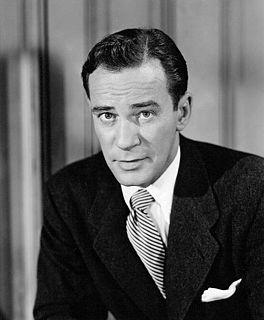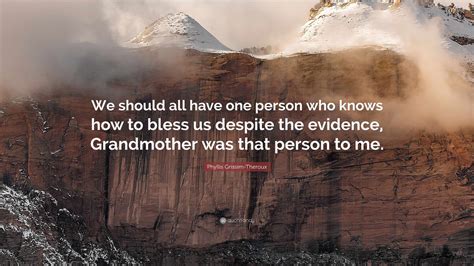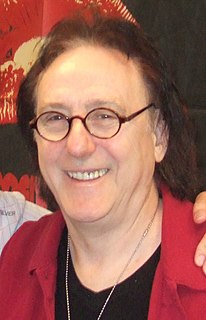A Quote by Joseph Epstein
I have myself always been terrified of plagiarism - of being accused of it, that is. Every writer is a thief, though some of us are more clever than others at disguising our robberies. The reason writers are such slow readers is that we are ceaselessly searching for things we can steal and then pass off as our own: a natty bit of syntax, a seamless transition, a metaphor that jumps to its target like an arrow shot from an aluminum crossbow.
Related Quotes
It was precisely this notion of infinite series which in the sixth century BC led the Greek philosopher Zeno to conclude that since an arrow shot towards a target first had to cover half the distance, and then half the remainder, and then half the remainder after that, and so on ad infinitum, the result was, as I will now demonstrate, that though an arrow is always approaching its target, it never quite gets there, and Saint Sebastian died of fright.
Planning is like "pointing yourself" in the direction of a target...no more than that. Let your power then redefine the target, and re-point you in the correct direction. Think of it like this: An arrow is never going to hit the target unless it's in flight. If you sit around and wait for God to shoot the arrow, nothing is going to happen.
Nothing helps us build our perspective more than developing compassion for others. Compassion is a sympathetic feeling. It involves the willingness to put yourself in someone else's shoes, to take the focus off yourself and to imagine what it's like to be in someone else's predicament, and simultaneously, to feel love for that person. It's the recognition that other people's problems, their pain and frustrations, are every bit as real as our own-often far worse. In recognizing this fact and trying to offer some assistance, we open our own hearts and greatly enhance our sense of gratitude.
Whether we know it or not, we transmit the presence of everyone we have ever known, as though by being in each other's presence we exchange our cells, pass on some of our lifeforce, and then we go on carrying that person in our body, not unlike springtime when certain plants in fields we walk through attach their seeds in the form of small burrs to our socks, our pants, our caps, as if to say, 'Go on, take us with you, carry us to root in another place.' This is how we survive long after we are dead. This is why it is important who we become, because we pass it on.
To be truthful, some writers stop you dead in your tracks by making you see your own work in the most unflattering light. Each of us will meet a different harbinger of personal failure, some innocent genius chosen by us for reasons having to do with what we see as our own inadequacies. The only remedy to this I have found is to read a writer whose work is entirely different from another, though not necessarily more like your own—a difference that will remind you of how many rooms there are in the house of art.
If we're lucky, writer and reader alike, we'll finish the last line or two of a short story and then just sit for a minute, quietly. Ideally, we'll ponder what we've just written or read; maybe our hearts or intellects will have been moved off the peg just a little from where they were before. Our body temperature will have gone up, or down, by a degree. Then, breathing evenly and steadily once more, we'll collect ourselves, writers and readers alike, get up, "created of warm blood and nerves" as a Chekhov character puts it, and go on to the next thing: Life. Always life.
I grew up in a deeply Catholic home. Our parents always encouraged us to march to our own drums, though, so some of us are still Catholic and some are not. That's always going to be a part of me though; little bits of it trickle into my work. Whether it's an embrace or a rejection, I'm not always sure, but I can't avoid it.






































